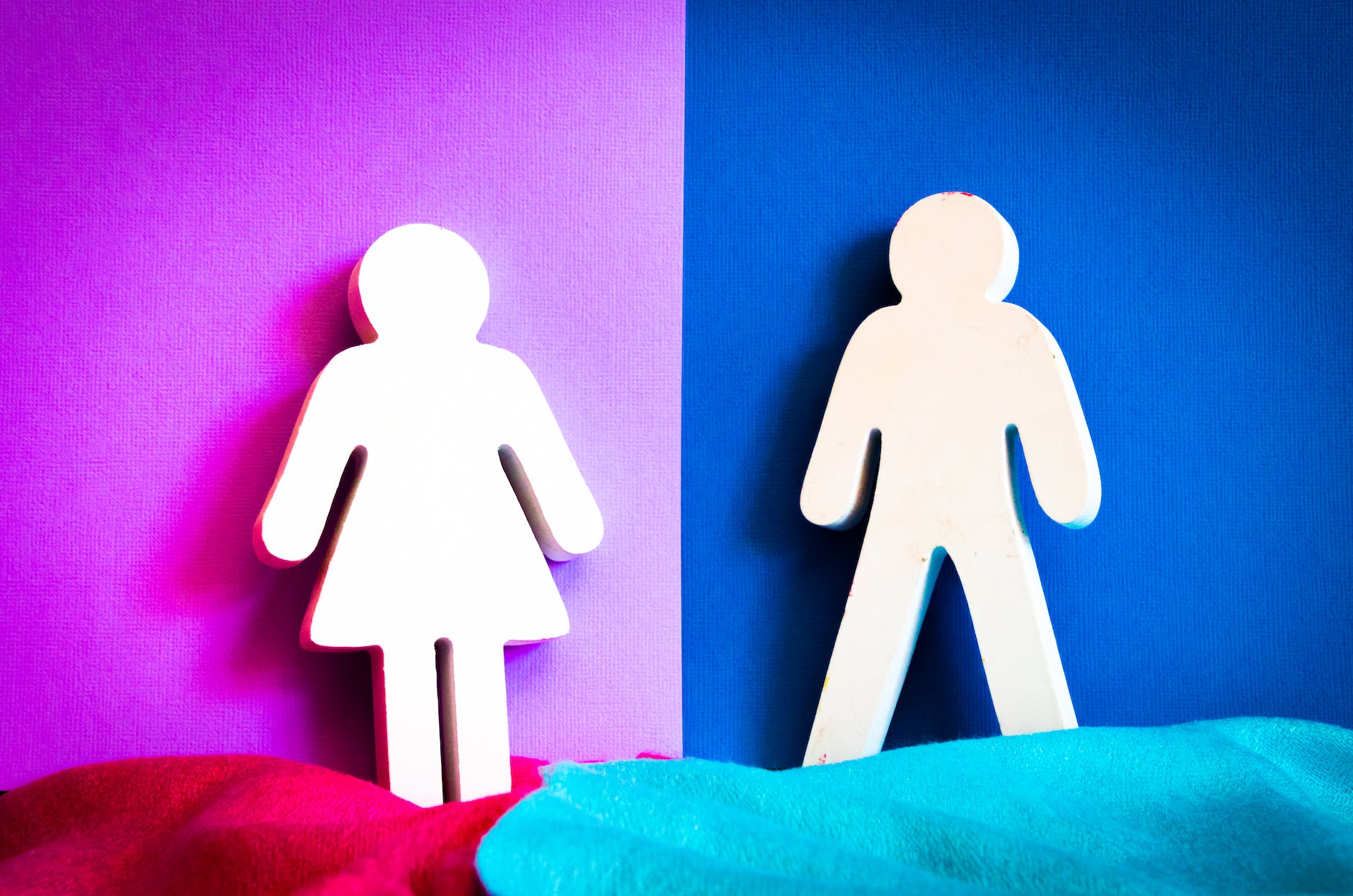Table of Contents
What is deadgendering?
Deadgendering occurs when an individual is referred to using incorrect gender pronouns or in relation to a past gender identity they have explicitly disavowed. This phenomenon closely resembles deadnaming, but instead of referencing the individual’s previous name, it specifically involves alluding to their former gender identity.
Misgendering, a related concept, transpires when someone improperly addresses a trans person by using gender pronouns inconsistent with their affirmed gender identity. Examples include referring to a trans woman as “he” or using masculine pronouns like “him” or “his,” or referring to a trans man as “she” or using feminine pronouns like “her.”
Additionally, designating someone as assigned female at birth (AFAB) or assigned male at birth (AMAB) can also be construed as a manifestation of deadgendering, as it implies an adherence to their initial assigned gender rather than recognizing their present identity.
Is deadgendering offensive?

The act of misgendering or refering to someone by their dead gender can be deeply offensive, particularly when done deliberately or with malicious intent. Mistakes can also occur due to uncertainty about an individual’s comfort level regarding the disclosure of their previous gender identity. To navigate this sensitively, it is advisable to communicate openly with the person involved, asking them about their preferences and allowing them the agency to discuss their identity on their terms.
The impacts of Deadgendering on someone
The impact of referring to someone in their deadgender can be profound and multifaceted, affecting their emotional well-being, mental health, and overall sense of identity. Here are several key aspects of the impact:
- Emotional Distress: Referring to someone in their deadgendercan cause significant emotional distress for individuals, as it invalidates their affirmed gender identity. Being consistently misgendered may lead to feelings of frustration, sadness, or anger, impacting one’s mental and emotional state.
- Mental Health Consequences: Persistent deadgendering can contribute to mental health challenges, including anxiety, depression, and feelings of isolation. It creates an environment where individuals may constantly battle against the erasure of their true identity.
- Undermining Self-Identity: Deadgendering undermines an individual’s self-identity by disregarding their expressed gender. This can lead to a sense of alienation and make it challenging for them to establish a genuine connection with their own identity.
- Social Isolation: Individuals who experience the wrong gender reference may withdraw from social interactions to avoid the distress associated with being consistently misgendered. This can result in feelings of isolation and a strained sense of belonging.
- Impact on Relationships: Misgendering can strain relationships, both personal and professional. When others consistently use incorrect gender pronouns, it may create tension and hinder effective communication, potentially leading to strained connections.
- Negative Impact on Mental Resilience: Constant deadgendering can erode an individual’s mental resilience over time. The cumulative effect of enduring such experiences may make it harder for them to cope with future challenges.
- Potential Physical Consequences: In extreme cases, the stress and emotional toll of deadgendering may contribute to physical health issues. Chronic stress has been linked to various health problems, emphasizing the interconnectedness of mental and physical well-being.
Who can be a victim of deadgendering?
Deadgendering can potentially affect individuals who are transgender, nonbinary, or gender non-conforming. In general, anyone whose gender identity differs from the sex assigned to them at birth may be susceptible to deadgendering. Here are some categories of individuals who might experience Misgendering:
- Transgender Individuals: Those whose gender identity does not align with the sex assigned to them at birth may face deadgendering. For example, a trans woman may be deadgendered when referred to with male pronouns or associated with her previous male identity.
- Nonbinary Individuals: People who identify outside the traditional binary of male or female may experience deadgendering. Using binary pronouns (he/she) or assuming a specific gender identity for a nonbinary person can be a form of deadgendering.
- Gender Non-Conforming Individuals: Individuals whose gender expression does not conform to societal expectations or norms may also be subjected to misgendering. This can include people who challenge traditional gender roles or expressions.
- Those who have Transitioned: Individuals who have undergone a gender transition may be deadgendered if others continue to use language or references associated with their pre-transition gender identity.
- Individuals Who Have Changed Their Gender Identity: People who have changed their gender identity and publicly denounced their previous identity may experience deadgendering if others persist in referring to them using their old gender identity.
It’s essential to approach these matters with respect and understanding, recognizing that individuals may have unique experiences and feelings about their gender identity. This conversation is an ongoing and evolving one, and by engaging in open dialogue, we can contribute to fostering a more inclusive and supportive environment for everyone. For further exploration of LGBTQ+ terminology, check out our BIG LGBTQ+ GLOSSARY




